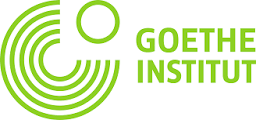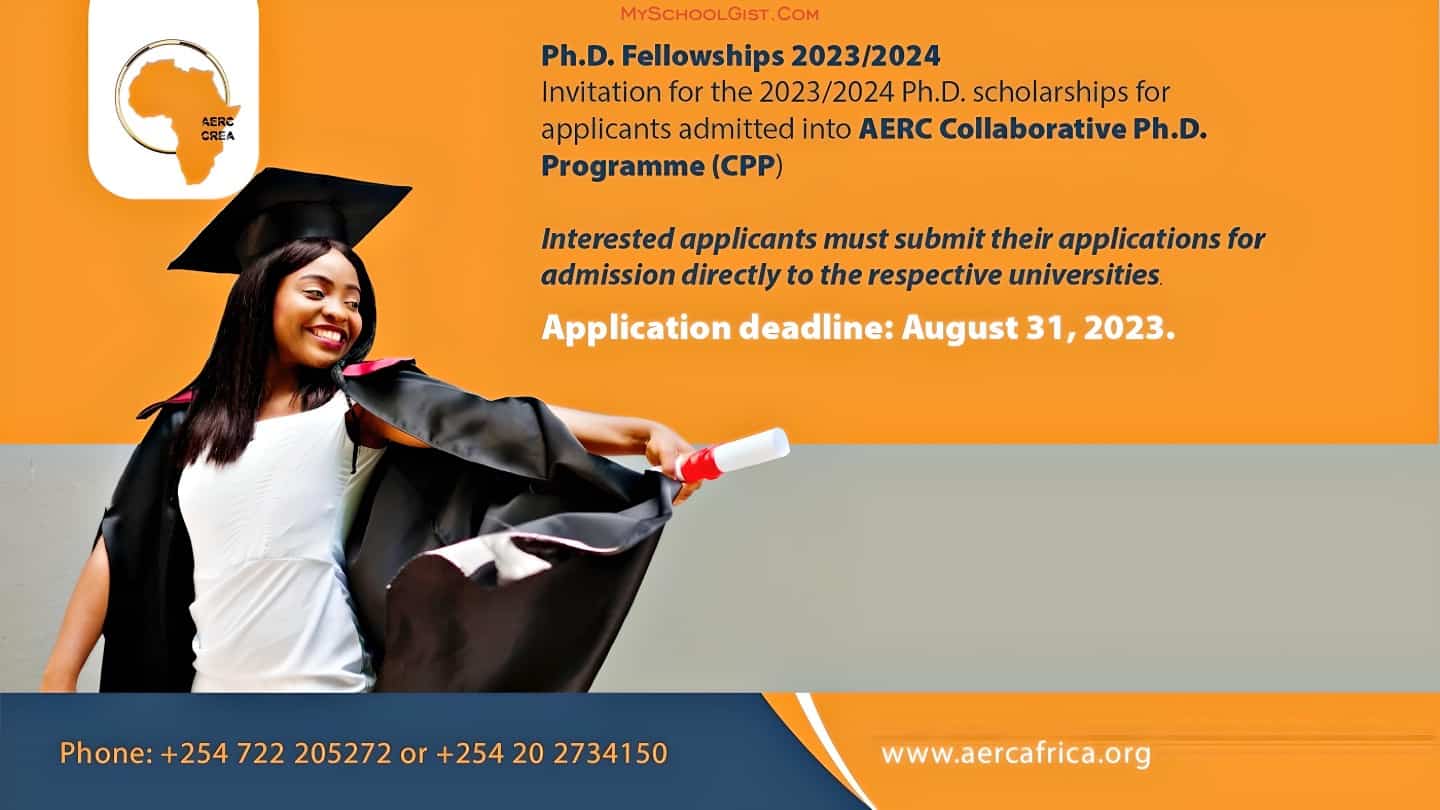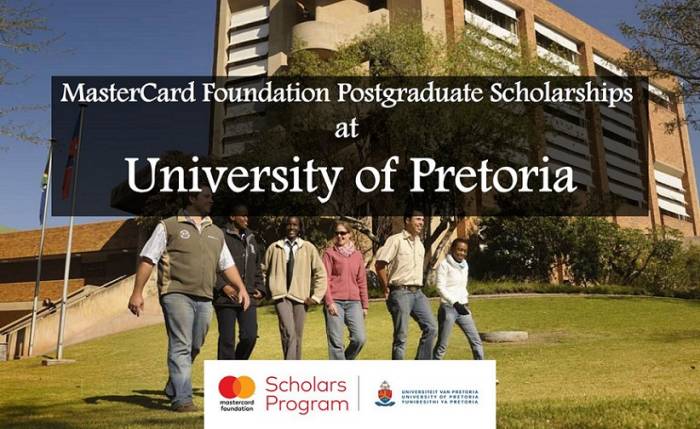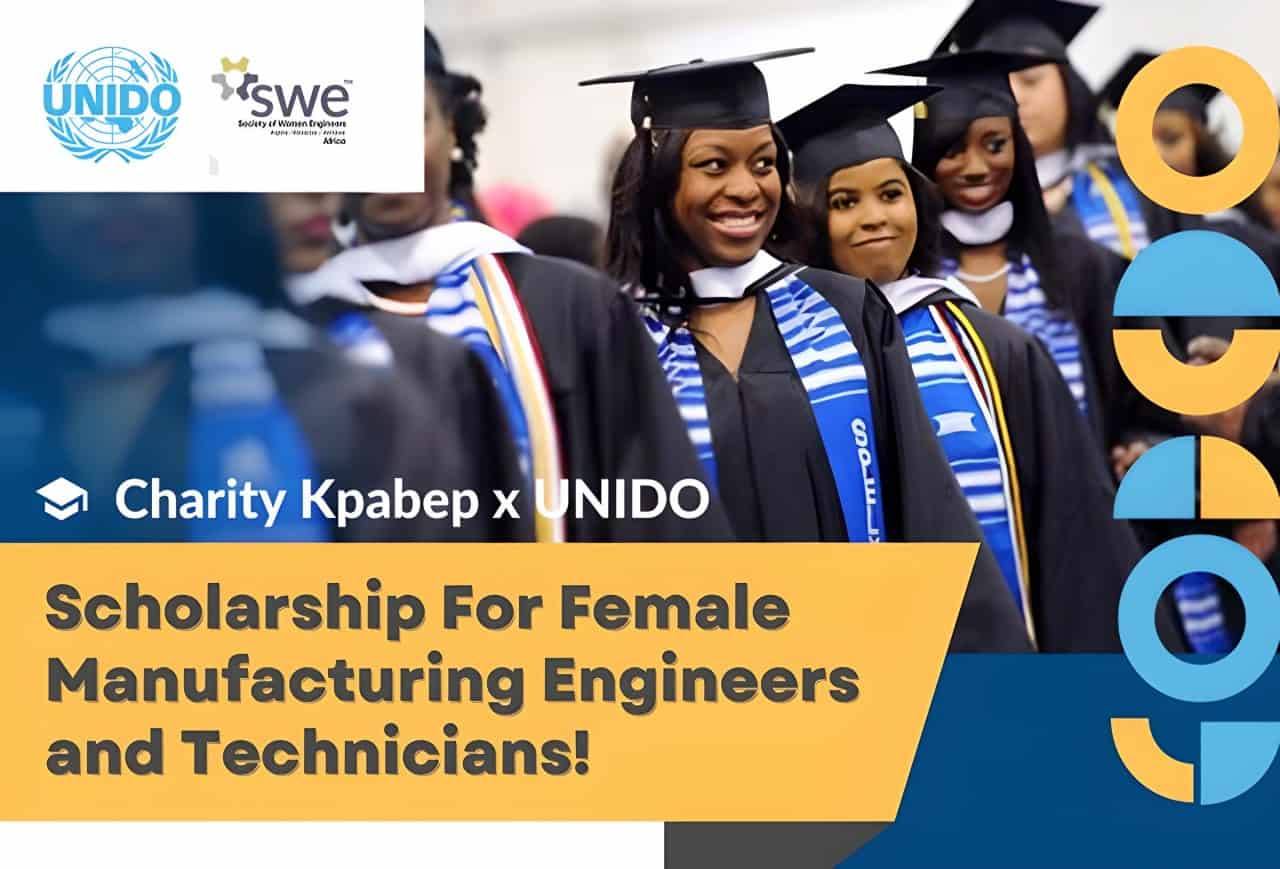
Imagine you come home and want to enter your apartment, but the door leading into the building remains closed. Or, you are mistaken for someone else at the airport checkpoint. All of this happens because you are a black woman and facial recognition misidentified you because of those two features.
It used to be that machines didn’t care who we were, where we came from, or what we looked like. Now, however, algorithms are increasingly determining what we may or may not do. Our personal characteristics such as gender, age, origin, appearance and name now play a greater role. Therefore, diversity and variety should be at the forefront of the development of algorithms. These should also be developed by diverse groups – and not only by certain groups.
With the open call “Robots in Residence” we would like to address questions of artificial intelligence, machine learning, the impact of algorithms and the question to what extent AI is neutral or can normalize, solidify or dismantle racisms. Starting with why most robots are white and black people have difficulty finding a suitable avatar and emojis often don’t reflect cultural differences.
TECHNICS
The robot will be sent together with a notebook and a Fritz-Box.?On the notebook is the program CHOREGRAPHE, with which very intuitively and also by laymen simple speech and movement sequences for the NAO can be created. The NAO is programmed with the programming language Python.
About Goethe Institut
The Goethe-Institut is the Federal Republic of Germany’s cultural institute, active worldwide. We promote the study of German abroad and encourage international cultural exchange.

Robots in Residence Coding Challenge
| Application Deadline | 22 Aug 2022 |
| Country to study | Ghana |
| Type | Contest |
| Sponsor | Goethe Institut |
| Gender | Men and Women |
Requirements for Robots in Residence Coding Challenge Qualification
The call is exclusively for Ghanaian ( Please specify country here) based coders* and artists with skills in programming. In our Robots in Residence, you will program a NAO robot and equip it with new skills within six weeks. The focus will be on aspects of diversity, variety and creativity.
Coders and artists are invited to submit project ideas with a concept.
A jury will then select the best project idea and the winners will have four weeks to program the robot and implement their idea.
Application Deadline
August 22, 2022How to Apply
Interested and qualified? Go to Goethe Institut on www.goethe.de to applyFor more details, visit Goethe Institut website.



